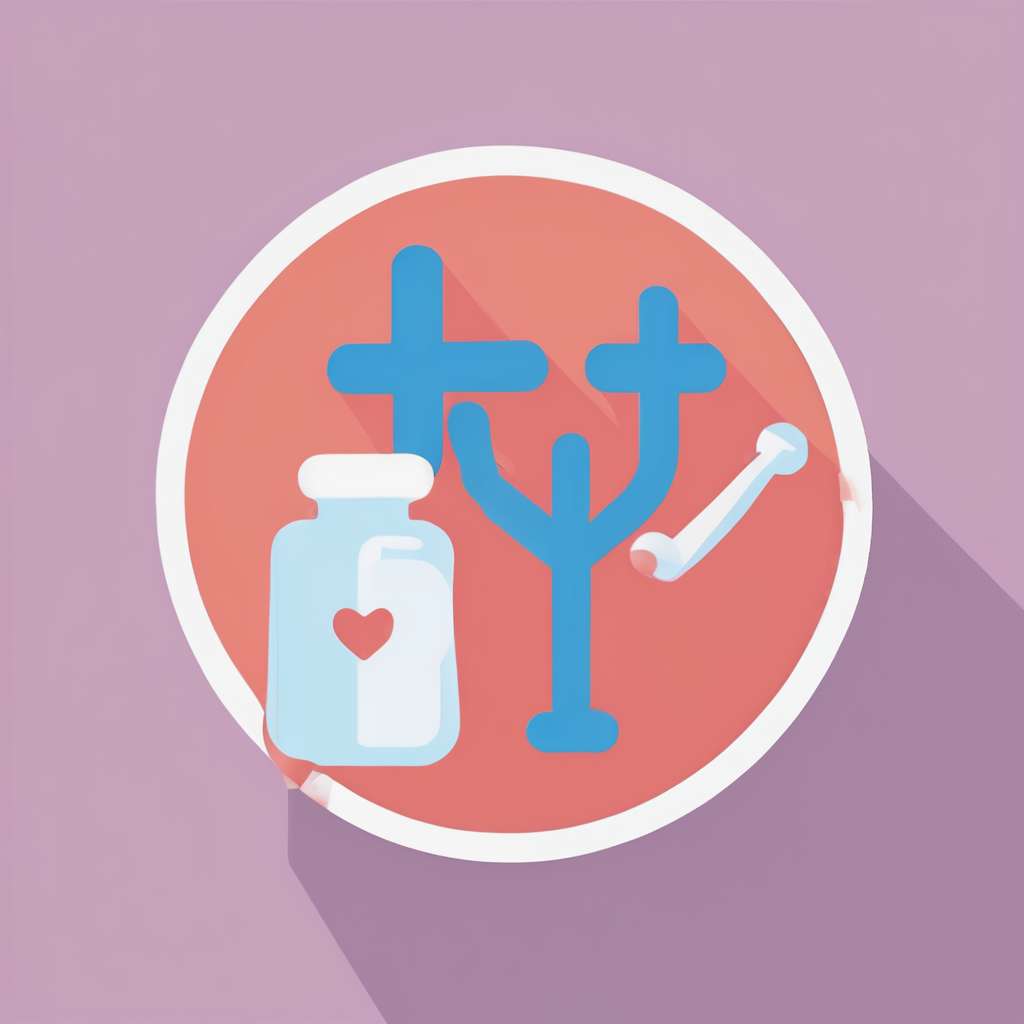Key healthcare innovations supporting independence for seniors in the UK
In the realm of healthcare innovations for seniors, the UK has seen significant advancements designed to promote independence among its elderly population. One standout development is telemedicine, which allows seniors to consult healthcare professionals remotely, reducing the need for travel and providing timely medical support. This innovation not only enhances accessibility but also empowers seniors to manage their health conditions confidently from home.
Assistive devices also play a crucial role, ranging from mobility aids to hearing and vision support technologies. These tools enable seniors to perform daily tasks with greater ease, thereby fostering autonomy. Additionally, remote monitoring systems use wearable sensors or in-home devices to track vital signs and detect emergencies, alerting caregivers when necessary. This approach ensures safety without compromising freedom.
Also to see : How can UK seniors maintain a healthy social life in retirement?
Moreover, smart home solutions integrate technologies like voice-activated assistants and automated lighting, adapting living environments to seniors’ needs. By simplifying routine activities, these innovations significantly uplift the quality of life within UK elderly care. Together, such healthcare innovations for seniors form a comprehensive support network that makes independence both achievable and sustainable.
Practical application of telemedicine and virtual healthcare
Telemedicine for elderly patients offers a vital solution to overcome mobility challenges and improve access to healthcare. Virtual GP appointments enable seniors to consult doctors from the comfort of their homes. These teleconsultations not only save travel time but also reduce exposure to infectious diseases, making ongoing health management safer and more convenient.
Also read : How Can Seniors Maintain Optimal Health and Wellbeing?
Access to NHS digital health services provides seniors with a reliable platform to schedule virtual appointments, access medical records, and receive prescriptions. Local telemedicine services often tailor their offerings to meet specific community needs, ensuring seniors receive personalized care.
Real-world examples highlight the impact of telemedicine for elderly individuals. Mrs. Smith, aged 78, uses virtual GP appointments to manage her chronic conditions without frequent hospital visits. Another case is Mr. Patel, who leverages NHS digital health resources to monitor his medication and communicate with his care team efficiently.
These technologies empower seniors, enhancing their autonomy while maintaining close healthcare oversight. Telemedicine fosters a proactive approach to managing health, keeping the elderly engaged and supported in their healthcare journeys.
Assistive technology and smart home solutions improving daily life
Enhancing comfort and safety for seniors
Assistive technology UK solutions are revolutionizing independent living aids by making everyday tasks easier and safer for seniors. Devices like fall detectors alert caregivers instantly if a fall occurs, providing crucial support and quicker response times. Medication reminders, another key assistive technology, help older adults take their prescriptions punctually, reducing health risks related to missed doses.
Smart home devices integrate seamlessly into elderly smart home environments. Automated lighting adjusts to movement, preventing accidents during night or dim conditions. Security systems equipped with cameras and alarms promote peace of mind by monitoring access and unusual activity. Voice assistants offer hands-free control of appliances or emergency calls, particularly helpful for those with mobility challenges.
In the UK, many elderly users report enhanced autonomy thanks to these aids. For example, residents using combined assistive technology UK packages have expressed increased confidence in managing their routines without constant supervision. This blend of smart home solutions and independent living aids illustrates how technology can significantly improve quality of life, safety, and dignity for seniors living at home.
Remote monitoring and safety devices for senior wellbeing
Smarter remote monitoring seniors devices bring comfort and independence to elderly care. Wearable technology, such as fitness trackers and health monitoring watches, continuously track vital signs including heart rate, activity level, and sleep patterns. This data helps caregivers and healthcare providers respond promptly if abnormalities are detected.
Personal alarms and emergency response systems offer immediate assistance at the press of a button. These devices can alert family members or emergency services, ensuring quick intervention during falls or medical crises. Many models now include GPS tracking, allowing precise location identification, which is vital if a senior is disoriented or unable to communicate.
The NHS-supported remote monitoring services integrate these technologies into broader care frameworks. They monitor health data remotely and flag concerns, facilitating timely consultations without frequent hospital visits. With remote health tracking elderly individuals feel safer while maintaining autonomy, and families gain reassurance.
Incorporating these tools reduces risks and supports proactive health management. The combination of wearables and emergency systems forms a robust network enhancing senior wellbeing effectively and predictably.
NHS and community resources facilitating independent living
Supporting independent living among seniors is a key focus of the NHS, combined with extensive community resources across the UK. The NHS support independence initiatives include tailored health services such as medication management, dementia care, and physiotherapy. These services work closely with local councils, which provide programmes like home adaptations, mobility aids, and social care assessments to empower older adults to remain autonomous.
Accessing these senior health services often begins with a GP referral or through self-assessment via local authority websites. Many councils offer dedicated teams to guide families and seniors through available support options, ensuring a personalised approach.
Beyond the NHS and councils, numerous charities and community groups contribute significantly. These organisations offer everything from social activities to practical support like transport services or meal deliveries, addressing both health and social well-being. Collaboration between these entities creates a network designed to maintain senior independence within their own homes and communities.
By utilising NHS support independence schemes alongside UK elderly community resources, seniors and families can build a comprehensive care plan that balances health needs with daily living assistance. This combined approach maximises quality of life and promotes continued self-sufficiency.
